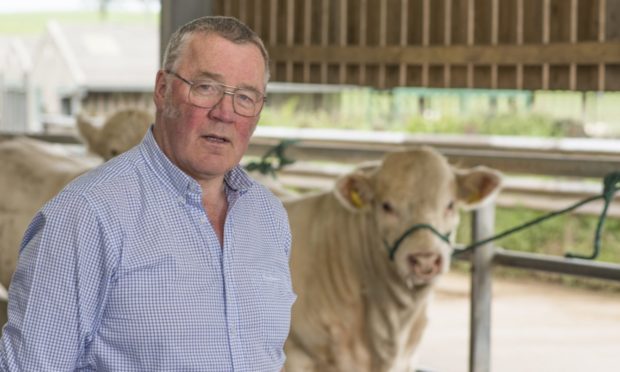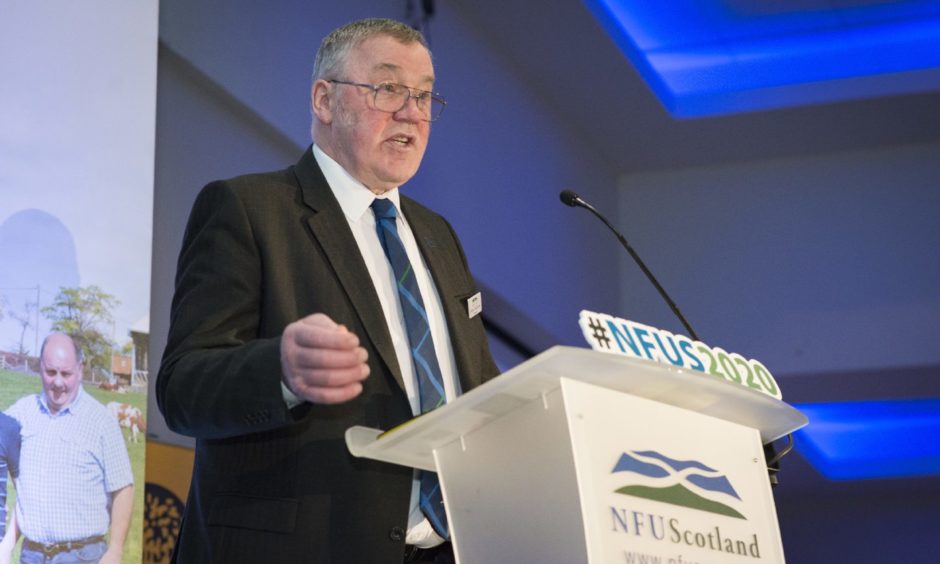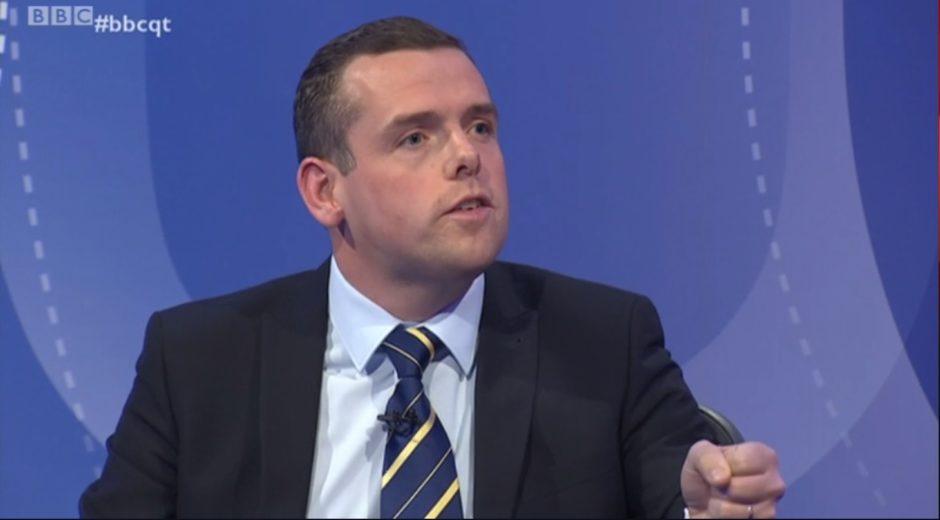Scottish farming leaders have urged peers to defend their “red line” on post-Brexit food standards when they reconsider contentious legislation today.
The National Farmers’ Union Scotland (NFUS) want the House of Lords to adopt an amendment to the Agriculture Bill aimed at protecting food standards in trade deals.
Peers previously suggested the amendment in order to block the import of food produced abroad with lower animal welfare standards, amid warnings over chlorinated chicken or hormone-treated beef entering the UK market from the US.
But, writing in this newspaper today, Scotland Office minister David Duguid pointed to “misleading and alarmist reports” on food standards which were “categorically untrue”.
The Banff and Buchan MP added that the Bill was a “vital piece of legislation which will mean Scottish farmers can flourish outside of the EU”.
Last week, the UK Government won a vote in the Commons to reject the House of Lords amendment, which would have required agricultural and food imports to meet domestic standards.
NFUS president Andrew McCornick said: “NFUS was bitterly disappointed that, despite vast support from consumers, stakeholders, and cross-party MPs, the UK Government chose not to support new clause 16 to the Agriculture Bill which would have upheld, in legislation, the principle that no produce that has been produced to inequivalent standards as what is required of UK producers could be imported into the UK following any future trade negotiations.
“This principle has always been a red-line issue for NFU Scotland, and whilst it was been batted back by a majority in the House of Commons last week, there is still a vital window of opportunity for improvements to be made to the Bill which would strengthen oversight and scrutiny of trade negotiations.
“These improvements would be delivered via the Lord Curry amendment which would strengthen the role of the Trade and Agriculture Commission and allow MPs to have greater oversight of trade negotiations before they are agreed.
“NFU Scotland has worked alongside all UK farming unions to advocate strongly for these measures throughout the passage of the Bill.”
This principle has always been a red-line issue for NFU Scotland, and whilst it was been batted back by a majority in the House of Commons last week, there is still a vital window of opportunity for improvements to be made.”
He added: “We believe this is a sensible, proportionate measure which would ensure that the UK Government can pursue its desired independent trade policy post-Brexit but would also ensure that democratic oversight and expert advice on the implications of trade negotiations for domestic agriculture are formally considered.
“NFU Scotland can see no good reason for this amendment not to be supported.”
Several Conservative MPs have also outlined their support for the Lords amendment, with the division list showing 14 rebelled in an attempt to retain it – including former environment secretary Theresa Villiers and Scottish Conservative Party leader Douglas Ross, the Moray MP.
But it was stripped from the Bill following the vote on Monday last week.
The Conservative government has argued that existing protections are already in place and they have no intention of watering them down.


